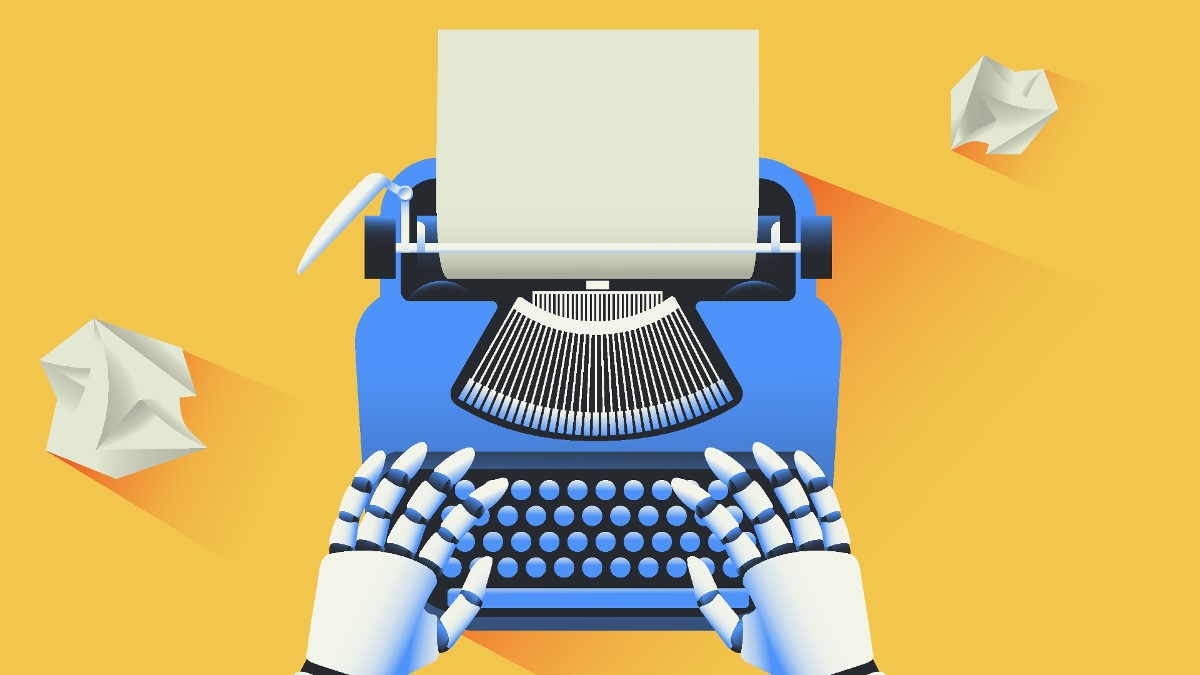A.I.’s Latest Scam Is Publishing Fake Biographies of Deceased People

Artificial intelligence has caused the publishing world many pains as—among countless other things—AI-generated books flood the market. The latest tactic AI has found to make our lives more difficult is writing and publishing fake biographies for deceased individuals.
Advancements in AI have led to a sharp increase in AI-generated writing, even books. Usually, people hoping to make a quick buck utilize AI to rapidly produce books and short stories. Whereas it usually takes writers a year or so to complete a novel, AI can write a short book within a day. Of course, the results are nowhere near what a human writer would produce due to AI’s lack of creativity and abstract thinking. Often, these stories and books equate to little more than gibberish. The individuals producing these AI-generated works can’t be making much money, as literary magazines can readily tell AI-generated stories from human-written ones. Additionally, the quality of the AI-generated books flooding Amazon is so bad that they hardly get any views or ratings.
Nonetheless, AI-generated works continue pouring onto Amazon and into magazines and writing contest submissions. Those behind the AI-generated works have found sneaky ways to get views, including impersonating real authors or ripping off existing works. Although Amazon finally implemented a policy requiring AI-generated books to identify themselves as such, it has struggled to enforce this rule. Meanwhile, AI-generated books parading as genuine, authoritative, and credible books pose many dangers, such as when inaccurate AI-generated mushroom foraging guides cropped up. Now, AI’s latest scheme includes tarnishing the reputations of the deceased.
AI-generated books target the dead
As reported by The New York Times, biographies of deceased people have begun appearing on Amazon. There’s no doubt that these “biographies” are AI-generated, as they tend to arise within one day of a celebrity passing away. The article, by Elizabeth A. Harris, details how Michael Lelyveld discovered such biographies of his late brother, Joseph Lelyveld, a former executive editor of The New York Times. Immediately following his passing, a handful of biographies were published overnight.
Of course, anyone familiar with AI-generated books knows they are often extremely inaccurate or nonsensical. Hence, AI created a false, bizarre narrative that Lelyveld was a chain smoker, publishing the biography Beyond the Byline: Unraveling the Heart of Joseph Lelyveld: The Man Who Smoked His Way Through History. The biographies also included random false details of Lelyveld’s supposed activities in Cairo and Vietnam. Harris reports that similar biographies have appeared targeting Toby Keith, Myles Goodwin, Henry Kissinger, Chita Rivera, and Tom Smothers.
However, the targeting of the dead is actually twofold. Harris discovered that the people generating these fake biographies are also sometimes publishing them under the identities of deceased individuals. So, not only do the living relatives of a decedent have to worry about false biographies being published about their loved ones, but they also have to worry about their late loved one’s identity being stolen to publish these fake books. One can only imagine the kind of fright it would give someone to suddenly see their relative who has been deceased for three years publishing books on Amazon.
It’s no secret that the scammers behind these AI-generated book schemes have very loose morals, as they impersonate real authors, rip off existing works, and take customers away from real authors. Their actions are only getting more despicable as they drag the deceased and those grieving into their schemes, caring nothing for the harm they cause if it means making a few dollars. Since there is no such thing as defamation or libel against the dead, it’s questionable whether living relatives can even legally take action against these scammers.
As happens every time a new AI-generated book scam breaks out on Amazon, the question arises of why the company isn’t doing more to stop this. Real authors are already being forced to constantly police Amazon to figure out if their names and books are being stolen. Now, are we really going to make grieving individuals do the same thing to ensure their relatives’ identities aren’t stolen or their reputations tarnished by AI-generated biographies? Amazon needs to decide if it wants to protect and cater to scammers who will stoop to the lowest means necessary to make a few dollars or if it intends to protect real individuals from being hurt by these endless AI-generated book scams.
(featured image: Moor Studio/Getty)
Have a tip we should know? [email protected]